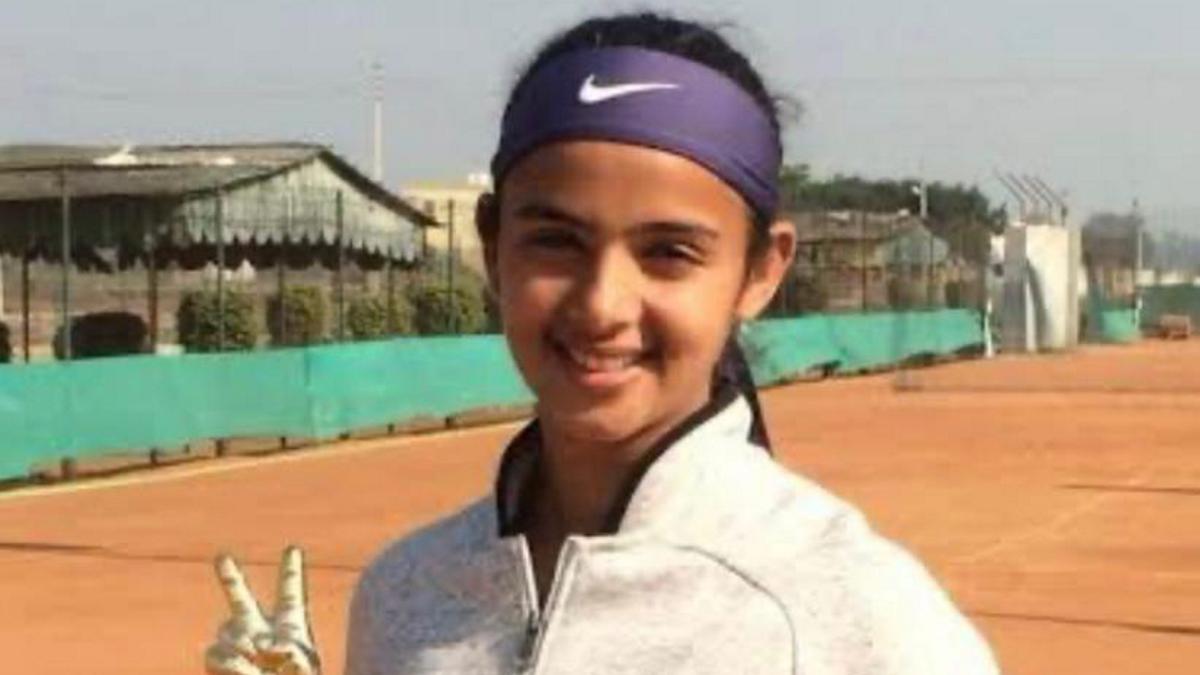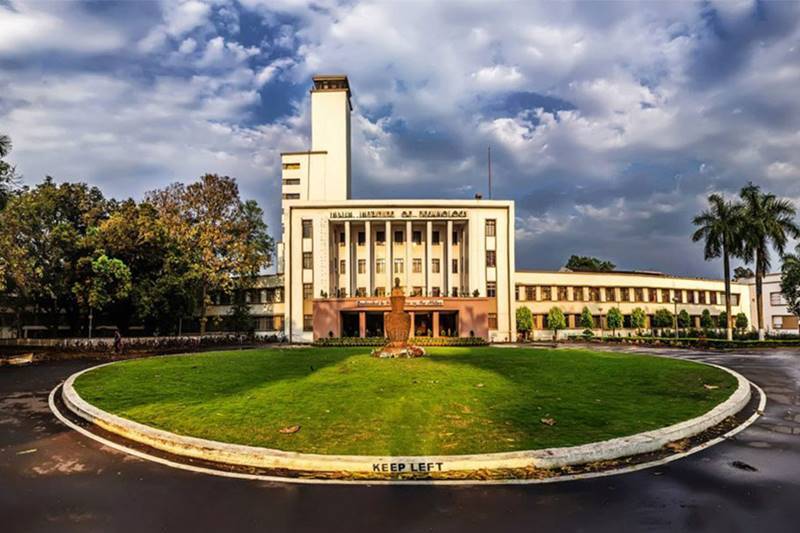The recent anti-conversion love jihad law that have been brought to force in full swing in Uttar Pradesh is a classic example of how patriarchal structures start catering fear and establish a disinformation campaign in which communalism is linked with gender.
This propaganda called love jihad law is only a tool to further polarise religious communities in an India that is fast seeing what is a Hindutva-nationalist narrative. If we dig into the history of communal violence in India, we will find that ‘love jihad’ is not a new word in the Hindutva thesaurus. What seems heavily inspired by the Nazis’ propaganda of ‘otherness’ under the Hitler regime, the Hindu fundamentalists have established their own notion of outsiders. Here, Muslims are projected as a more fertile and sexually charged group trying to convert Hindu women by marrying them.
Also read: ‘Love Jihad’: Tracing The Portrayal Of Women As ‘Wombs’ In Hindu Nationalist Politics
In 1920, this conspiracy theory was first propagated by Hindu communal groups to construct anxiety among the community members regarding the declining Hindu population. The atmosphere of fear acted as a weapon to control Hindu women and gave a license to the patriarchal society to dictate how women should live and what they should do in the public and social arena.
Following this old rhetoric of creating boundaries for Hindu women to protect them from the polluted Muslim gaze; recently, the Uttar Pradesh government led by BJP’s Yogi Adityanath came out with the Unlawful Conversion of Religion Ordinance, 2020, now known as love jihad law in common parlance, which aims to check “unlawful religious conversions” and “inter-faith marriages” that are performed for the sole purpose of changing a woman’s religion. Although, like previous laws of this majoritarian government, the new anti-conversion love jihad law also fulfils their anti-Muslim agenda; however, the Hindutva brigade’s actual achievement with the love jihad law is getting a legal control over Hindu women’s freedom.
For a long time, in Hinduism, women were held accountable to maintain the purity and morality of a caste-segregated society. Manusmriti, the ancient legal text of Hinduism known for its patriarchal and caste-based approach, explicitly mentions the role of disciplined Hindu women. As per the laws mention in the text:
- women are denied to marry outside their caste,
- the marriage is solemnised not for private pleasure but to maintain caste purity, and
- the domain of women is limited to household chores.
It is clear from the above laws of Manusmriti that Manu was an opponent of women’s rights who believed that women need to be controlled by men and should not be allowed to make their own decisions as they are too naïve to make a suitable one.
Although these laws were made thousands of years ago, most aggressive Hindu groups continue to follow this regressive set of rules. The Manuvadi-regime at the power centre also gives them hope that these puritanical caste-based patriarchal laws would be re-established, and the independent Hindu women could be controlled again in the name of ‘love jihad’.
The Manuvadi-regime at the power centre also gives hope to fundamentalists that these puritanical caste-based patriarchal laws would be re-established, and the independent Hindu women could be controlled again in the name of ‘love jihad’.
However, the question we need to ask is why is there a sustained attack by state machinery and vigilante groups on the rights of women? The answer is, now more than ever, women in the Hindu religion as well as outside, are speaking up for themselves. Divorce rates have gone higher and during the pandemic alone, the National Commission for Women saw a sharp increase in number of complaints of domestic violence filed by women. They have started asking questions and not settling to suffer in silence. They know that the Indian constitution under Article 21 guarantees them the ‘right to life and personal liberty’. Women are leading in all fields and are occupying 17 percent of board positions. The decision to marry someone, no matter what their faith is, is now being taken increasingly and more assertively by women.
In short, this courage, for which they are branded feminazis, among other things, with which they attempt to choose whom to partner romantically is an assertion of their sexual and personal autonomy, which rattles patriarchal structures such as the state and the religions. The hypermasculine men who consider themselves the gatekeepers of religion and thus, also a woman’s liberty, cannot bear to see a member of a historically marginalised gender turning into headstrong individuals who do not allow anyone to interfere in their lives.
Also read: Why ‘Love Jihad’ Is An Attack On Women’s Rights
Thus, to suppress the anti-patriarchal awakening in India, the Hindutva regime is forced to develop ideas such as love jihad law and other related laws.
The irony is that a large section of the Hindu society celebrating the abolition of ‘Triple Talaq’ and termed it as a step to empower Muslim women and yet, many of them are not ready to condemn the misogynist ordinance that has now come into effect in UP. This ordinance allows the government and patriarchs of the family to interfere in Hindu women’s personal decisions, and instead of empowering them, this love jihad law is taking them back into a medieval age.
As per a report by Indian Express, UP police, since the coming of this ordinance, has registered 14 cases, and in 12 of them, the complainants are relatives of adult women. Pinki, 22, of Moradabad, a victim of this love jihad law, was forcefully separated from her Muslim husband and was injected with a substance that led to her miscarriage while she was locked up in Nari Niketan.
Pinki, 22, of Moradabad, a victim of this love jihad law, was forcefully separated from her Muslim husband and was injected with a substance that led to her miscarriage while she was locked up in Nari Niketan.
Coupled with the notion of how ‘parents know what is best for us’, the patronising love jihad law shows how the personal is political. Anthropologist Lila Abu-Lughod, in reference to the West, has highlighted a similar issue, wherein white supremacists believe that their culture is superior and hence, they have to save Muslim women, even if they are not asking for help. She termed their notion of superiority as ‘self-serving white saviour complex.’
With the coming of ‘love jihad’ ordinance, the ‘Hindu saviour complex’, similar to ‘white saviour complex’, now seems to legally expand its roots in India. Masquerading as what they call ‘saving the Hindu women’, the state structures and conservative Hindu familial structures are together controlling their autonomy and hence, forcing our women to become ‘Nirbhar’ (dependent) on them in a so-called ‘Atmanirbhar’ (self-dependent) India.
References
Gupta, C. (2005). Sexuality, obscenity, community: Women, Muslims, and the Hindu public in colonial India. New Delhi: Orient Blackswan.
Satkirti Sinha is a PhD research scholar in Performing Arts department at DMU University, Leicester. His area of expertise is Folk Culture, Dalit Theology, Feminist Theory, Ritual Performance, and Sexual Politics. His email address is: Satkirti.Sinha.2016@live.rhul.ac.uk
About the author(s)
Satkirti Sinha is a Graduate Teaching Assistant and a PhD research scholar in the Performing Arts Department at DMU University, Leicester. His areas of expertise are Performance Theory, Folk Culture, Dalit Theology, Performance Politics, Feminist Theory, Postcolonial Theory, and Sexual Politics.






Well researched and articulated. However more insight about “what this law actually stands for and who can appeal and declare if the marriage was done only with the intention of converting the girl” would have been great. Keep up the good work.
Its really fascinating to read such an amazing article. You are doing a great work.